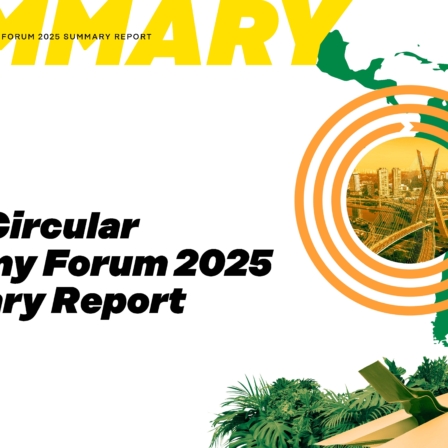Problem
Traffic emissions constitute one fifth of Finland’s greenhouse gas emissions. Petrol and diesel production uses oil, a non-renewable resource that produces emissions. Substitutes for oil products are needed in order to reduce emissions on a large scale and rapidly. In addition, since 2016 the disposal of biodegradable waste at landfill has been subject to restrictions, and recycling targets will be ever more stringent, which means that reuses for biowaste will be needed.
Solution: petrol substitute from organic waste
St1 receives organic waste and residues from various industries and uses them to produce ethanol, which can be used as a petrol substitute. Raw materials include biowaste from the food manufacturing, retail and forestry industries, which can be processed and converted into sugars. The sugar is then used to produce ethanol and the residual by-products can be converted into other types of fuel such as biogas, liquid animal feed and fertilisers.
Revenue logic and benefits to St1
St1 sells waste processing as a service, and its production plants are typically located on rental sites adjacent to factories. If the received material is difficult to process, St1 charges a fee for accepting the waste from the customer. In some cases, St1 pays the customer for the waste. The direction of the cash flow also depends on where the material is located. St1 sells the end products via normal product sales. Ethanol produced by St1 is used as a bio-component in petrol and as high ethanol blend fuel (RE85).
Benefits to customers
From the consumer’s point of view, RE85 is more affordable than petrol and a way to reduce road emissions significantly. Producers of organic waste can work with St1 to establish an ethanol plant directly on the site where the waste originates, which means low logistics costs.

















Recommended
Have some more.